A week after the vote to impeach President Yoon Suk Yeol for declaring martial law, at around 4 p.m. on December 14, the South Korean National Assembly will vote for a second time to impeach the president for alleged acts of rebellion that undermine the constitutional order.
The vote was tight.
South Korean President Yoon Suk-yeol will be impeached by the National Assembly if 200 lawmakers vote in favor, meaning opposition lawmakers must convince eight lawmakers from the conservative People Power Party (PPP) to vote in favor.
As of noon on December 13, seven ruling party lawmakers had pledged to support impeachment - leaving the vote still uncertain and tense.
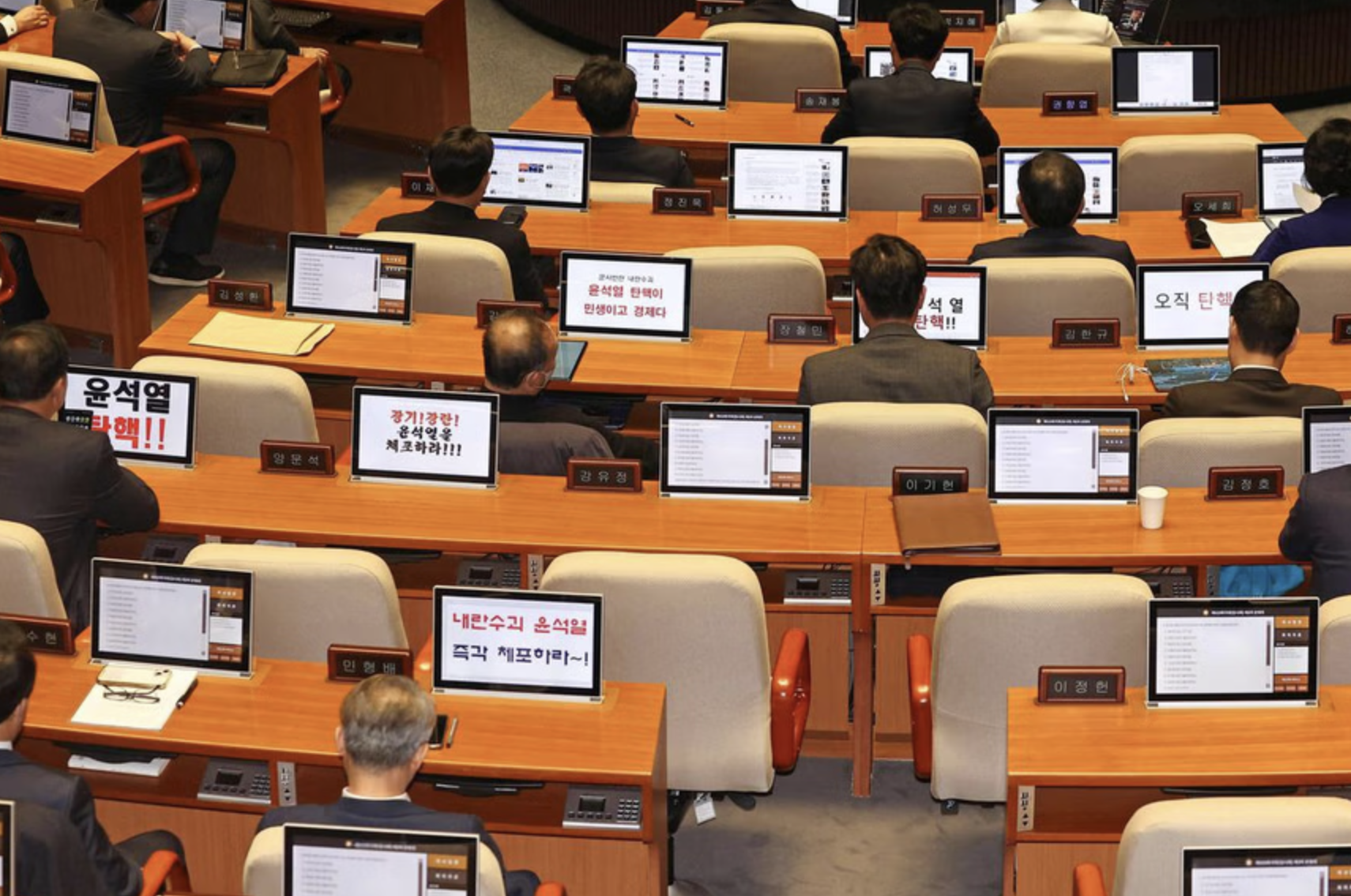
The South Korean National Assembly will vote for a second time on the impeachment of President Yoon Suk Yeol (Photo: AFP).
On December 13, opposition Democratic Party leader Lee Jae-myung called on ruling People Power Party (PPP) lawmakers to side with the protesters and support Yoon’s dismissal. Two PPP lawmakers supported the proposal in last week’s vote.
“What the lawmakers are protecting is not Mr. Yoon or the People Power Party but the lives of the people crying on the cold streets,” Mr. Lee said.
Thousands of South Koreans have now taken to the streets of Seoul, demanding Mr. Yoon's resignation and arresting him over the brief martial law that brought troops and helicopters to the National Assembly on December 3-4.
What happens if Mr. Yoon is impeached?
If approved, Mr. Yoon will be suspended from office while the Constitutional Court of South Korea reviews the case and Prime Minister Han Duck-soo will take over as interim president.
The court currently has just six judges and will have 180 days to rule on Mr Yoon's future. If the court upholds the president's removal, Mr Yoon will become only the second president in South Korea's history to be impeached.
But there is historical precedent for the courts blocking impeachment. In 2004, then-president Roh Moo-hyun was removed from office by the National Assembly for alleged election violations and incompetence, but the Constitutional Court later reinstated him.
Even if the South Korean court does not approve, Mr Yoon could still face "legal responsibility" for imposing martial law, Kim Hyun-jung, a researcher at Korea University Law School, told AFP.
"This is clearly an act of insurrection. Even if the impeachment motion is not passed, the President's legal responsibility under the Criminal Code cannot be avoided...", Ms. Kim said.
Currently, South Korean President Yoon Suk Yeol still firmly affirms that the decision to impose martial law was correct.
In a televised speech, the 63-year-old president condemned opposition parties for using legislative power to block changes to laws that would allow for punishment of foreign nationals for spying, for “siding with North Korea” and for unilaterally cutting many essential items in the country’s economic growth budget.
Mr. Yoon criticized the opposition parties' "unconstitutional abuse of power," and said that his use of executive power was within the framework of the constitution and that was the reason he declared martial law. At the same time, the South Korean President pledged to fight to the end.
At this time, the investigation into close officials involved in the decision to impose martial law continued to expand.
Prosecutors said on December 13 that they had arrested a military commander who heads the Capital Defense Command. The Seoul Central District Court also ordered the arrest of the national police chief and the head of the city police, citing the risk of destroying evidence.
According to a Gallup Korea poll released on December 13, Mr. Yoon’s approval rating, which has never been high, has plummeted to 11%. The same poll showed that 75% of respondents supported the president’s impeachment.
Source: https://www.baogiaothong.vn/hom-nay-quoc-hoi-han-quoc-bo-phieu-lan-hai-quyet-dinh-viec-luan-toi-tong-thong-192241214085928148.htm



![[Photo] General Secretary To Lam arrives in Minsk, begins state visit to Belarus](https://vphoto.vietnam.vn/thumb/1200x675/vietnam/resource/IMAGE/2025/5/11/76602f587468437f8b5b7104495f444d)
![[Photo] General Secretary To Lam meets and expresses gratitude to Vietnam's Belarusian friends](https://vphoto.vietnam.vn/thumb/1200x675/vietnam/resource/IMAGE/2025/5/11/c515ee2054c54a87aa8a7cb520f2fa6e)





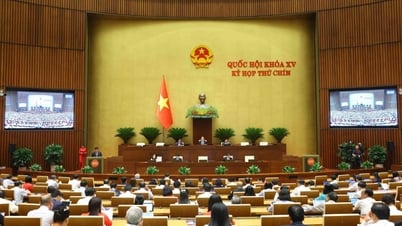





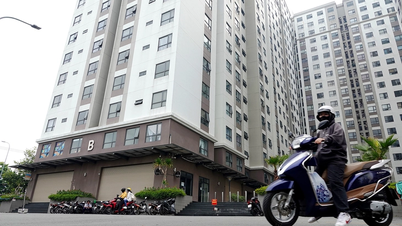



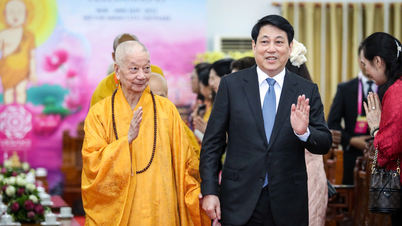
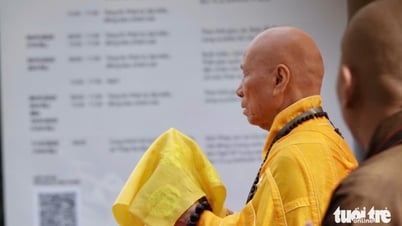
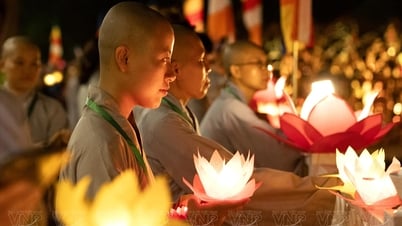
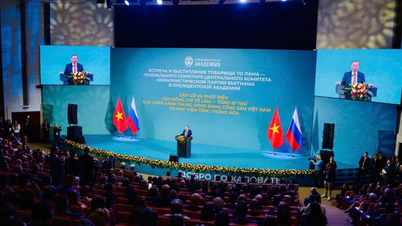












![[Photo] General Secretary To Lam concludes visit to Russia, departs for Belarus](https://vphoto.vietnam.vn/thumb/1200x675/vietnam/resource/IMAGE/2025/5/11/0acf1081a95e4b1d9886c67fdafd95ed)



























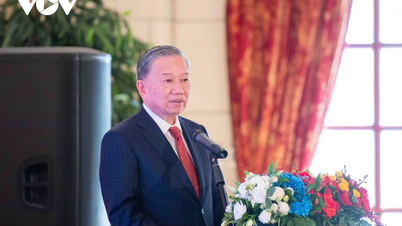

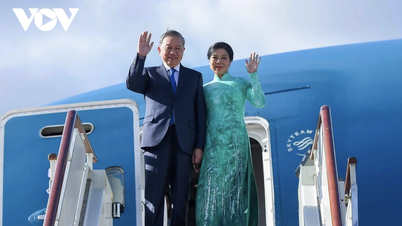
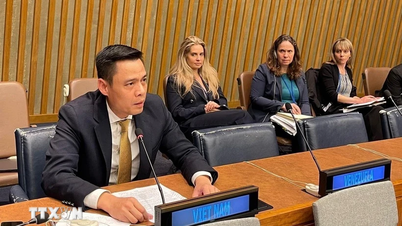












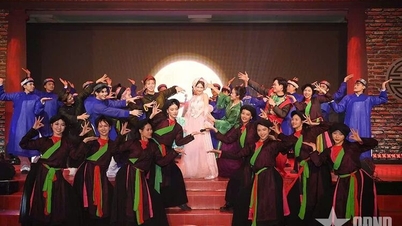





















Comment (0)